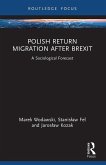
28,99 €
Erscheint vorauss. 14. April 2025
Broschiertes Buch
A Sociological Forecast
14. April 2025
Taylor & Francis Ltd
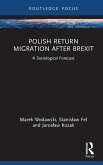
Gebundenes Buch
A Sociological Forecast
8. November 2023
Routledge / Taylor & Francis
| eBook, ePUB | 21,95 € | |
| eBook, PDF | 21,95 € |
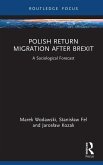
21,95 €
Sofort per Download lieferbar
21,95 €
Sofort per Download lieferbar
eBook, ePUB
8. November 2023
Taylor & Francis eBooks
Ähnliche Artikel
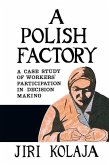
29,99 €
Versandfertig in über 4 Wochen
Broschiertes Buch
A Case Study of Workers' Participation in Decision Making
15. Juli 2014
University Press of Kentucky
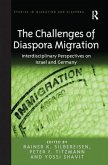
Broschiertes Buch
Interdisciplinary Perspectives on Israel and Germany. Edited by Rainer K. Silbereisen, Peter F. Titzmann and Yossi Shavit
9. September 2016
Taylor & Francis
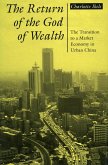
Broschiertes Buch
The Transition to a Market Economy in Urban China
1. Juli 1996
Stanford University Press
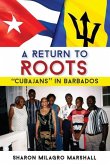
Broschiertes Buch
Cubajans in Barbados
14. Januar 2022
University of the West Indies Press

Broschiertes Buch
International Perspectives on Researcher Positioning
9. September 2016
Taylor & Francis
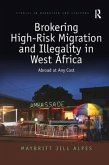
Broschiertes Buch
Abroad at any cost
4. Februar 2019
Routledge
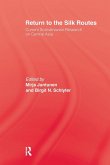
Broschiertes Buch
Current Scandinavian Research on Central Asia
9. September 2016
Taylor & Francis Ltd (Sales)
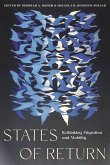
Broschiertes Buch
Rethinking Migration and Mobility
9. Juli 2024
New York University Press
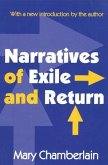
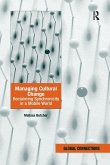
Broschiertes Buch
Reclaiming Synchronicity in a Mobile World
17. November 2016
Taylor & Francis Ltd (Sales)
Ähnlichkeitssuche: Fact®Finder von OMIKRON
